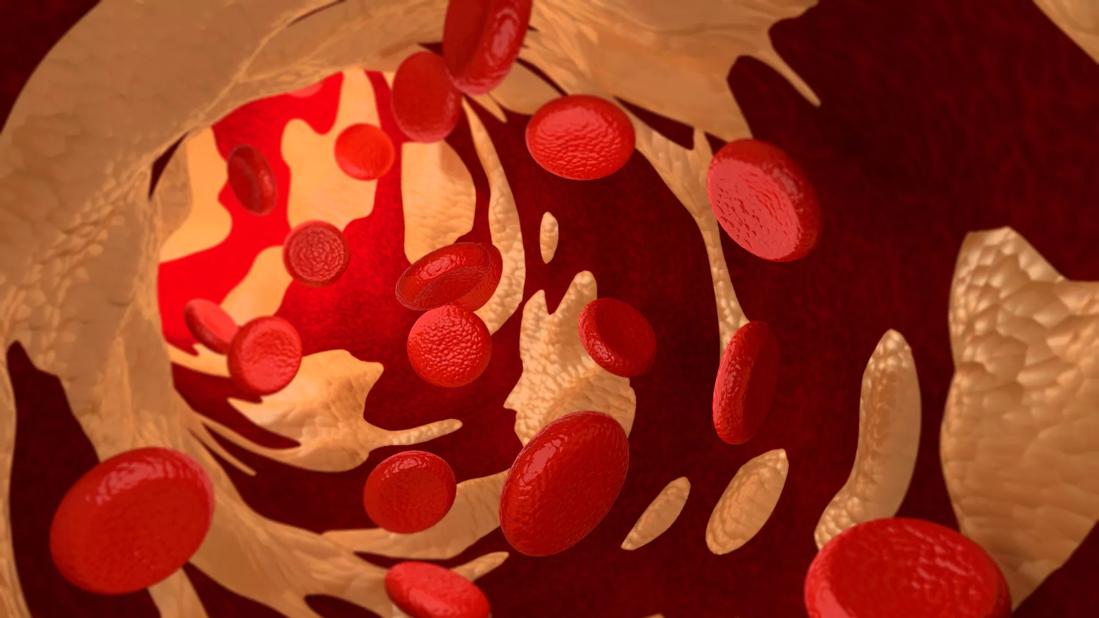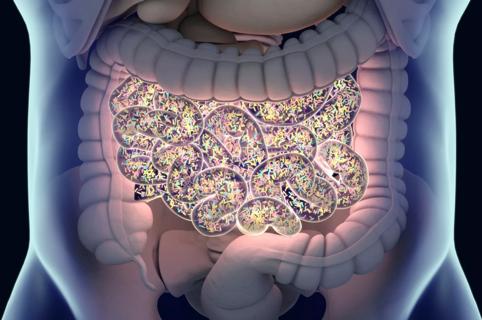Tc9 cells have less intracellular cholesterol than other T cells

Cleveland Clinic researchers have demonstrated for the first time that lowering blood cholesterol levels could enhance the success of a specific type of T-cell immunotherapy in fighting cancer.
Advertisement
Cleveland Clinic is a non-profit academic medical center. Advertising on our site helps support our mission. We do not endorse non-Cleveland Clinic products or services. Policy
The team, led by Qing Yi, MD, PhD, studied T-cell transfer, which has shown great success in recent years. Dr. Yi, Chair of the Lerner Research Institute’s Department of Cancer Biology, previously showed that a specific subset of T cells, Tc9 cells, have stronger antitumor effects than other types of T cells. In the new study, they determined the mechanisms that give Tc9 cells their anticancer properties and how these mechanisms might be tweaked to enhance immunotherapy.
Using gene profiling, the researchers discovered that Tc9 cells had much lower levels of intracellular cholesterol than other T cells. They hypothesized that the reduced cholesterol levels might contribute to the cells’ antitumor effects. Indeed, manipulating cholesterol levels in the cells significantly affected IL-9 expression and Tc9 differentiation and antitumor response in vivo. Furthermore, the team showed in a tumor-bearing preclinical model that reducing cholesterol levels prior to immunotherapy led to greater concentrations of IL-9 and more antitumor activity.
Adoptive T-cell transfer involves transplanting T cells engineered to recognize a certain type of cancer. Researchers have focused on many different methods to manipulate and enhance the T cells’ anti-cancer activity, such as transferring cells at different stages of differentiation or using certain drugs in tandem with immunotherapy. “Our studies suggest a relatively simple, cost-effective way to enhance T-cell transfer therapy,” Dr. Yi says. “We hope to test our findings in clinical trials soon.”
Advertisement
Dr. Yi holds the Betsy B. de Windt Endowed Chair in Cancer Biology. Xingzhe Ma is a postdoctoral fellow and first author on the paper, published in the Journal of Experimental Medicine.
Figure republished with permission of Rockefeller University Press.
Advertisement
Advertisement

First full characterization of kidney microbiome unlocks potential to prevent kidney stones

Researchers identify potential path to retaining chemo sensitivity

Large-scale joint study links elevated TMAO blood levels and chronic kidney disease risk over time

Investigators are developing a deep learning model to predict health outcomes in ICUs.

Preclinical work promises large-scale data with minimal bias to inform development of clinical tests

Cleveland Clinic researchers pursue answers on basic science and clinical fronts

Study suggests sex-specific pathways show potential for sex-specific therapeutic approaches

Cleveland Clinic launches Quantum Innovation Catalyzer Program to help start-up companies access advanced research technology